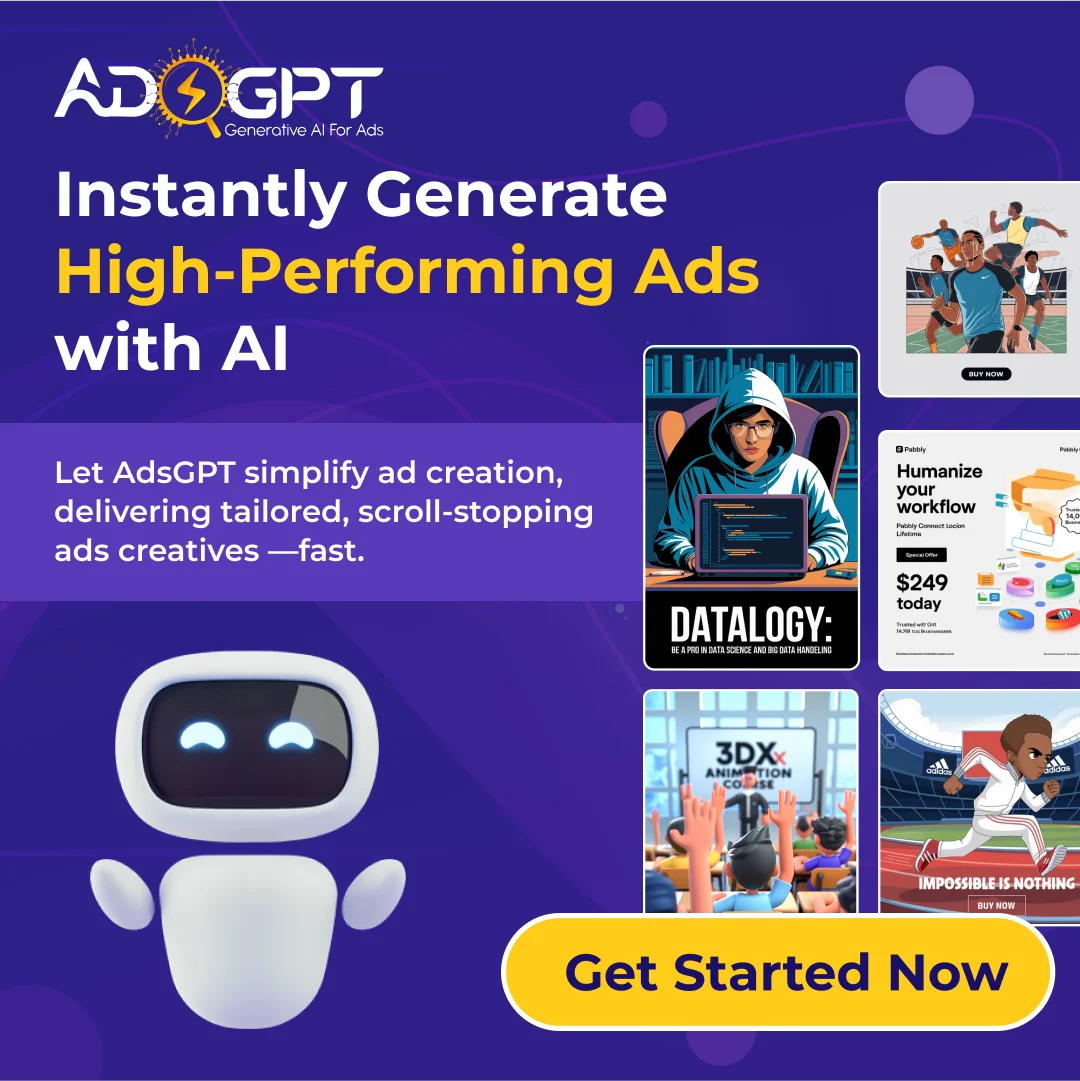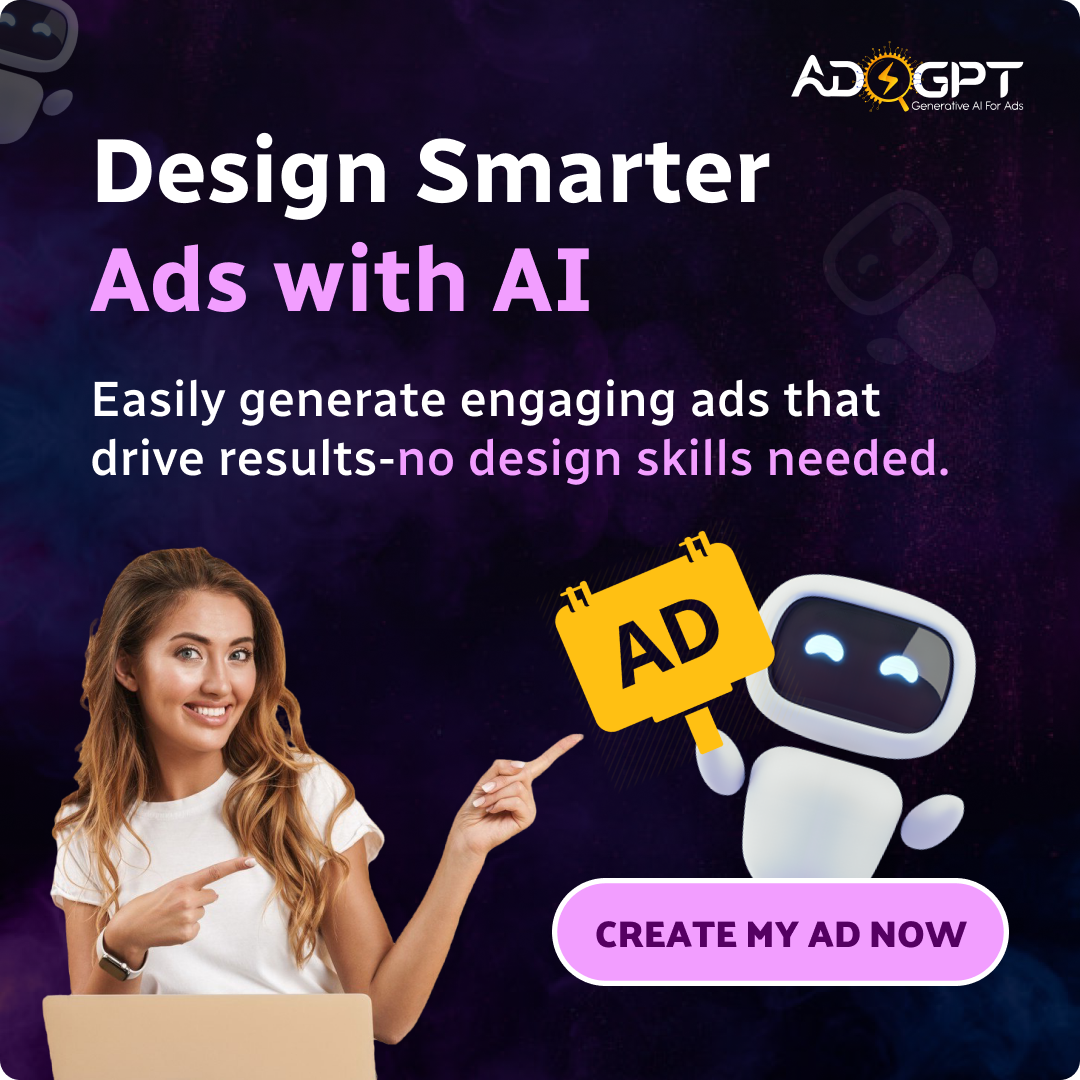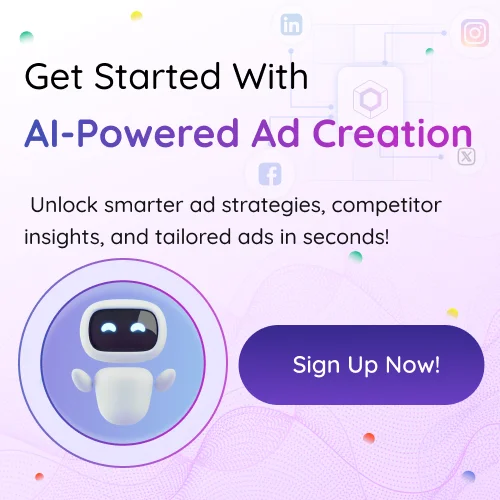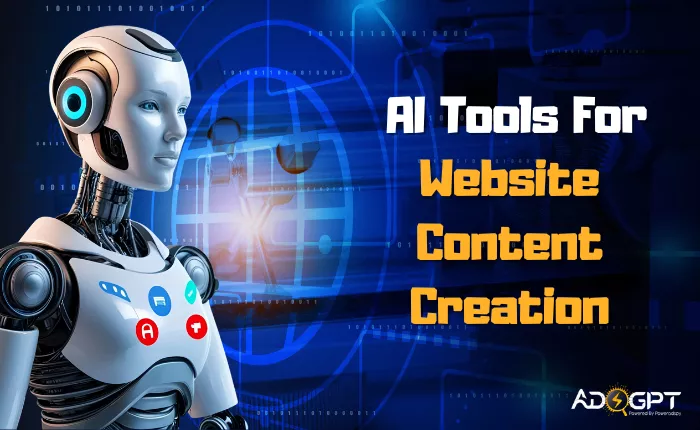
While the world fixates on flashy AI-generated ads, a quieter, more transformative shift is underway—redefining what it means to be a website content creator in 2025. Forget robots replacing writers; this is about augmenting creativity, streamlining workflows, and turning content chaos into strategic wins.
Using AI tools, website content creators can concentrate on what they do best: storytelling, empathy, and innovation. Let’s pull back the curtain on how AI is becoming the ultimate ally for modern website writers, and why 2025 will belong to those who embrace this partnership.
What’s coming next? We’ll uncover the hidden struggles creators face today—and how AI is solving them.
In a hurry? Listen to the podcast now.
The Hidden Struggles Of A 2025 Website Content Creator
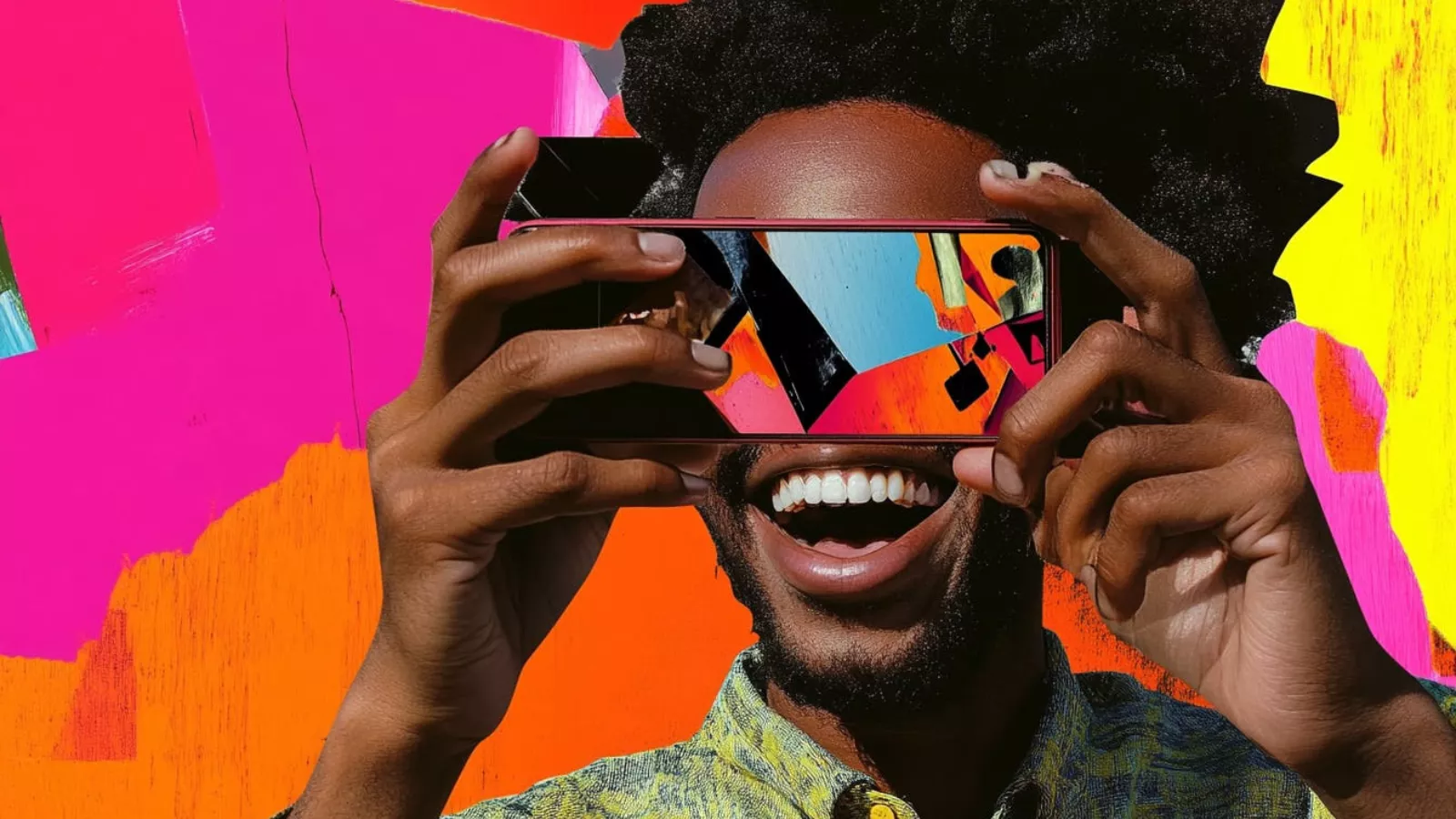 Today’s website content creators wear more hats than ever before. They’re not just writers—investigative researchers, SEO experts, and real-time editors, often juggling all these roles simultaneously. The challenges they face have evolved dramatically, with three critical pain points emerging as major hurdles in 2025:
Today’s website content creators wear more hats than ever before. They’re not just writers—investigative researchers, SEO experts, and real-time editors, often juggling all these roles simultaneously. The challenges they face have evolved dramatically, with three critical pain points emerging as major hurdles in 2025:
Information Overload
The internet is a double-edged sword—while it provides endless resources, sifting through mountains of data to find credible, relevant sources has become a full-time job. A 3,000-word industry report might require reviewing dozens of studies, interviews, and competitor analyses to ensure accuracy and depth.
Real-Time Adaptation
Content moves at the speed of breaking news. Imagine publishing a blog about a product launch, only for the specs to change minutes later. Or covering a live event where details evolve by the second. Today’s creators need to update content on the fly without sacrificing quality—a near-impossible task without the right tools.
The E-E-A-T Tightrope
Google’s emphasis on Experience, Expertise, Authoritativeness, and Trustworthiness (E-E-A-T) means content must be both technically sound and deeply engaging. Striking that balance—authoritative enough for search algorithms yet conversational enough for real readers—is an art few have mastered.
It is where AI tools for content creation become game-changers. They automate the grunt work—compiling research, suggesting real-time updates, and even optimizing for E-E-A-T—while freeing creators to focus on storytelling and strategy.
For example, AI can:
- Scan hundreds of sources in seconds, highlighting the most credible data for your topic.
- Suggest live edits when new information emerges, so your content stays current.
- Analyze tone and expertise, ensuring your work meets both Google’s standards and your audience’s expectations.
It isn’t about replacing human creativity—it’s about eliminating the friction that slows it down.
(But AI’s potential extends far beyond blog posts. Next, we’ll explore how modern creators are using these tools to conquer podcasts, videos, and even interactive experiences—turning single ideas into multi-platform campaigns.)
Beyond Blogs: AI’s Role In Multi-Format Content
Modern website writers aren’t just typing—they’re strategists shaping content across platforms. From TikTok scripts and podcast episodes to engaging email campaigns, they’re crafting narratives that resonate in multiple formats. Take WanderLuxe Travels, a boutique agency that leveraged AI to transform a single blog about “Hidden Italian Villages” into:
- A 10-minute YouTube video script, complete with local dialect tips.
- An interactive quiz titled “Which Tuscan Town Matches Your Personality?”
- A 5-part email series tailored for their subscribers.
The result? A remarkable 40% boost in engagement—all powered by AI-enhanced content creation. This shift isn’t about replacing creativity but amplifying it to reach a wider audience.
As content continues to evolve, AI is making it easier for brands to scale their reach and impact. Speaking of scaling, AdsGPT is redefining how marketers create dynamic ad content—transforming ideas into high-performing campaigns across platforms.
AdsGPT: Redefining AI-Powered Ad Creation
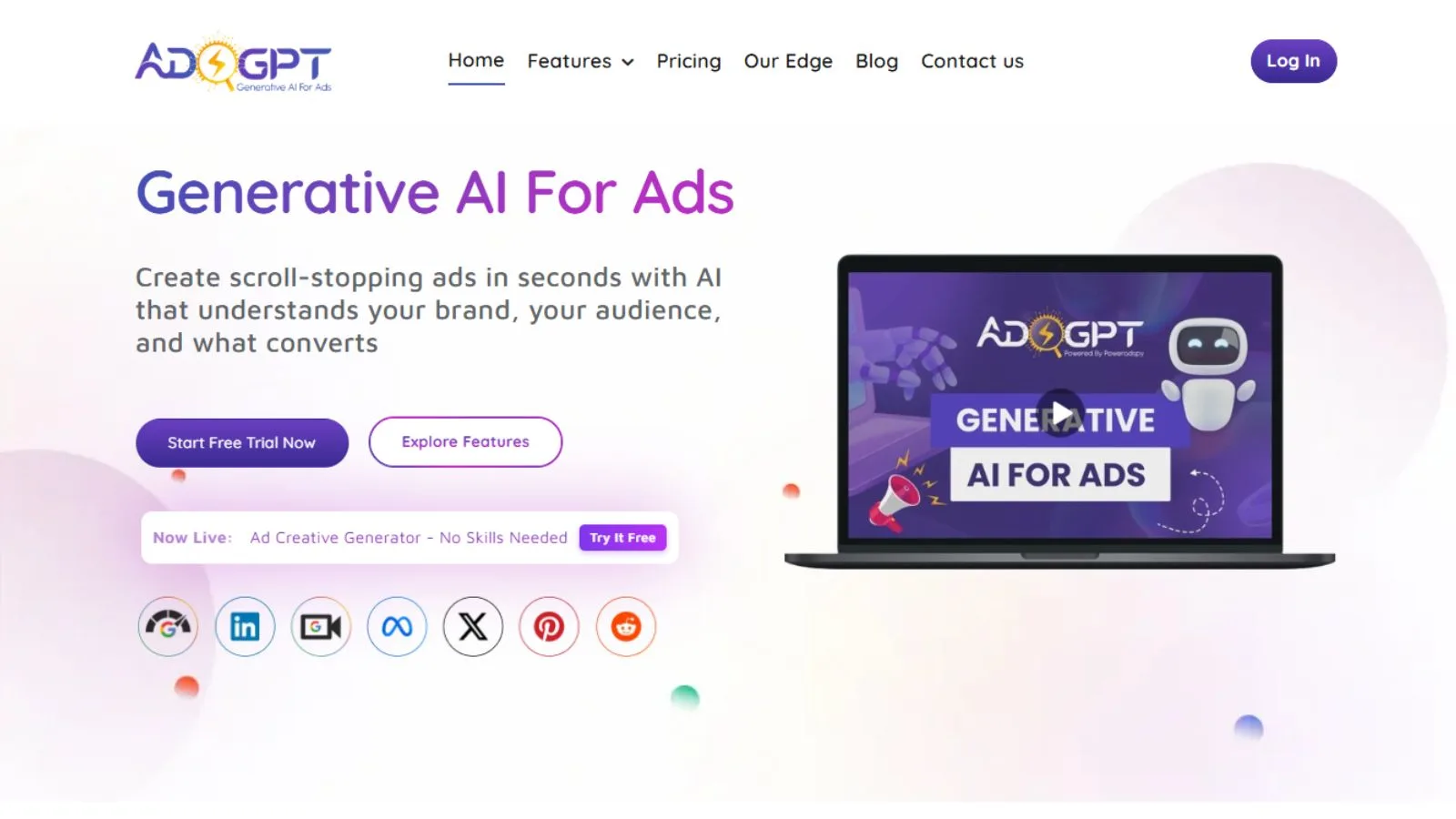 Among the many AI tools for content creation available today, AdsGPT stands out with its unique blend of automation, customization, and performance-driven insights. It empowers marketers and website writers to produce high-quality ads effortlessly while utilizing AI generated content to optimize performance based on real-time data.
Among the many AI tools for content creation available today, AdsGPT stands out with its unique blend of automation, customization, and performance-driven insights. It empowers marketers and website writers to produce high-quality ads effortlessly while utilizing AI generated content to optimize performance based on real-time data.
What Sets AdsGPT Apart?
AI-Powered Automation: AdsGPT uses machine learning to generate compelling ad content aligned with brand guidelines and industry trends. This content generator adapts to audience preferences, ensuring higher engagement.
Customization Flexibility: While AI handles the heavy lifting, users can refine and personalize the content to suit their brand’s voice. This feature gives website writers more control over the final output.
Multi-Platform Adaptability: AdsGPT creates ads optimized for diverse platforms, including social media, search engines, and display networks, ensuring a seamless experience across channels.
Performance Optimization: AdsGPT analyzes ad performance data and fine-tunes content for improved engagement and conversions, helping marketers leverage AI tools for content creation effectively.
With its intuitive interface and advanced features, AdsGPT is the ideal content creator AI for businesses looking to streamline ad creation, enhance content quality, and achieve better campaign results.
Read More
How To Generate Text AI Content That Works (Myths Busted)?
The Ethical Edge: How To Use AI-Generated Content Responsibly?
Yes, Google can detect AI-generated content. But here’s the key: it’s not about avoiding detection—it’s about maintaining quality. Google doesn’t penalize content created by AI if it meets high standards of relevance and value. The best way to ensure AI-generated content feels authentic and engaging is by:
- Avoiding Keyword Stuffing: Prioritize natural language and context, steering clear of excessive keyword use that could hurt readability.
- Incorporating Personal Anecdotes: AI can’t replicate lived experiences, so adding personal touches, such as “When I tested this hiking trail in Tuscany…” enhances relatability.
- Flagging Sections for Human Input: To maintain a consistent brand voice, identify areas where a manual “voice boost” might be needed, allowing website writers to fine-tune the content.
Pro Tip:
Always disclose the use of AI in your content creation process. Transparency builds trust with your audience & turns skeptics into loyal subscribers who appreciate your authenticity.
Ethics in AI-generated content aren’t just a concern for big brands. Small businesses and nonprofits are also leveraging AI tools for content creation responsibly—and reaping the rewards. Let’s explore how they’re using these tools to scale their impact while staying true to their values.
Niche Spotlight: AI For Underdog Industries
 Meet SweetPea Bakery, a family-owned shop in rural Vermont giving big brands a run for their money. By using a website content creator powered by AI, they transformed their digital presence and expanded their customer base in unexpected ways. Here’s how they did it:
Meet SweetPea Bakery, a family-owned shop in rural Vermont giving big brands a run for their money. By using a website content creator powered by AI, they transformed their digital presence and expanded their customer base in unexpected ways. Here’s how they did it:
- Turned Grandma’s Recipe Blog into Engaging Instagram Reels: SweetPea Bakery took beloved family recipes, complete with Grandma’s handwritten notes, and converted them into visually appealing Instagram Reels that resonated with their audience.
- Automated Weekly “Behind-the-Oven” Newsletters: To keep their loyal customers engaged, they used AI to craft personalized newsletters that highlighted baking tips, upcoming promotions, and heartwarming stories from the kitchen.
- Outranked National Chains in Local SEO: Leveraging AI’s SEO expertise, SweetPea optimized their content to dominate local search results, drawing more foot traffic to their store and increasing online orders.
The Secret To Their Success?
AI handled the repetitive tasks, allowing the SweetPea team to focus on infusing every piece of content with small-town charm and authenticity. By utilizing a website content creator, they maintained a unique voice while scaling their content strategy effortlessly.
This success story highlights how underdog industries can compete with larger corporations by embracing AI. As we look ahead, it’s exciting to imagine what website content creators will make possible by 2025. The future is filled with opportunities for small businesses to thrive.
Conclusion
As we move deeper into 2025, the role of a website content creator is evolving faster than ever. By leveraging AI, creators can automate time-consuming tasks, enhance content quality, and seamlessly adapt their work across multiple platforms. However, the real magic lies in how AI complements human creativity rather than replacing it.
Website content creators who integrate AI into their workflows are not just keeping pace—they’re setting the standard for engaging, high-performing content. Whether it’s transforming blog ideas into interactive quizzes or repurposing AI-generated content into compelling social media posts, the possibilities are endless.
The future belongs to website content creators who understand that AI is not a threat but a powerful ally. By combining AI’s efficiency with human storytelling, creators can unlock new levels of innovation and scale their impact like never before.


